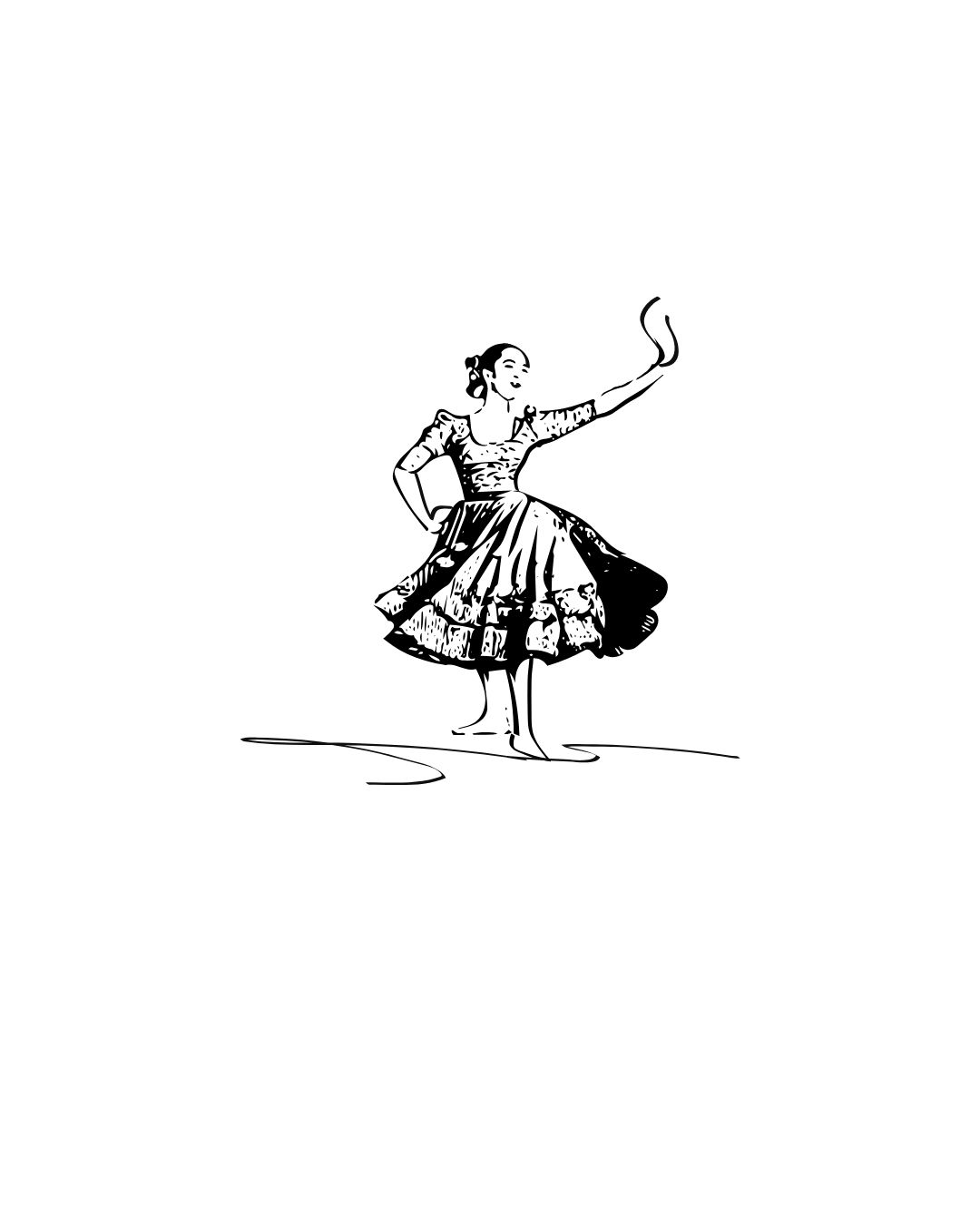Description
A Master of Science (M.Sc.) in Dramatics is a graduate program designed to provide advanced training and education in the field of theater, drama, and performance studies. This program often encompasses various aspects of dramatic arts, including acting, directing, playwriting, stage design, and theater management, blending theoretical knowledge with practical application.
Curriculum Overview
The curriculum for an M.Sc. in Dramatics typically includes a combination of core courses, practical workshops, and collaborative projects. While the specific offerings may vary by institution, the following components are commonly included:
Core Components
Acting Techniques:
Exploration of advanced acting methods and styles, including techniques such as Stanislavski, Meisner, and non-verbal performance, aimed at developing a deeper understanding of character portrayal.
Directing for the Stage:
Instruction in the principles and practices of directing theatrical productions, focusing on script analysis, actor coaching, and staging.
Playwriting and Script Development:
Developing skills in writing for the stage, including structuring narratives, character development, and dialogue creation. This may involve workshops for peer feedback.
Theatrical Production Design:
Study of set, costume, and lighting design, understanding how visual elements enhance storytelling and audience engagement.
Performance Theory:
Examination of theoretical frameworks related to performance, including historical contexts, critical perspectives, and the role of drama in society.
Stage Management:
Learning the organizational aspects of theater production, including scheduling, coordination of technical elements, and communication among cast and crew.
Dramatic Literature:
Analysis of significant works in dramatic literature, from classical to contemporary plays, emphasizing themes, styles, and cultural contexts.
Movement and Voice:
Focus on the physical and vocal aspects of performance, exploring techniques to enhance expressiveness and audience connection.
Research Methods in Performance Studies:
Skills for conducting research in dramatics and performance, preparing students for academic inquiry or practical applications in the field.
Capstone Project or Production:
A final project that may involve producing a play, writing an original script, or conducting research, showcasing the student?s synthesis of their learning.
Career Opportunities
Graduates of an M.Sc. in Dramatics can pursue various roles in the theater and performance industry, including:
Actor: Performing in theater productions, films, television, or other media, using acquired techniques to portray characters.
Director: Leading theatrical productions, responsible for interpreting scripts, guiding actors, and shaping overall artistic vision.
Playwright: Writing and developing original theatrical works or adaptations, crafting narratives that engage audiences.
Stage Manager: Coordinating the logistical aspects of theater production, ensuring smooth operations during rehearsals and performances.
Theater Educator: Teaching drama and theater in educational institutions, focusing on performance skills, dramatic literature, and production techniques.
Production Designer: Designing sets, costumes, and visual elements for theatrical productions, enhancing the storytelling through visual artistry.
Dramaturg: Supporting the development of plays, working with playwrights and directors to refine scripts and enhance production quality.
Arts Administrator: Managing theater companies or arts organizations, overseeing operations, grant writing, and community outreach.
Further Education
After completing an M.Sc. in Dramatics, graduates may opt to pursue further certifications in specialized areas such as advanced acting techniques, theater therapy, or stage technology. Some may consider doctoral studies in performance studies, theater history, or related interdisciplinary fields.
If you have any questions about the Master of Science in Dramatics program, potential career paths, or related topics, feel free to ask!









